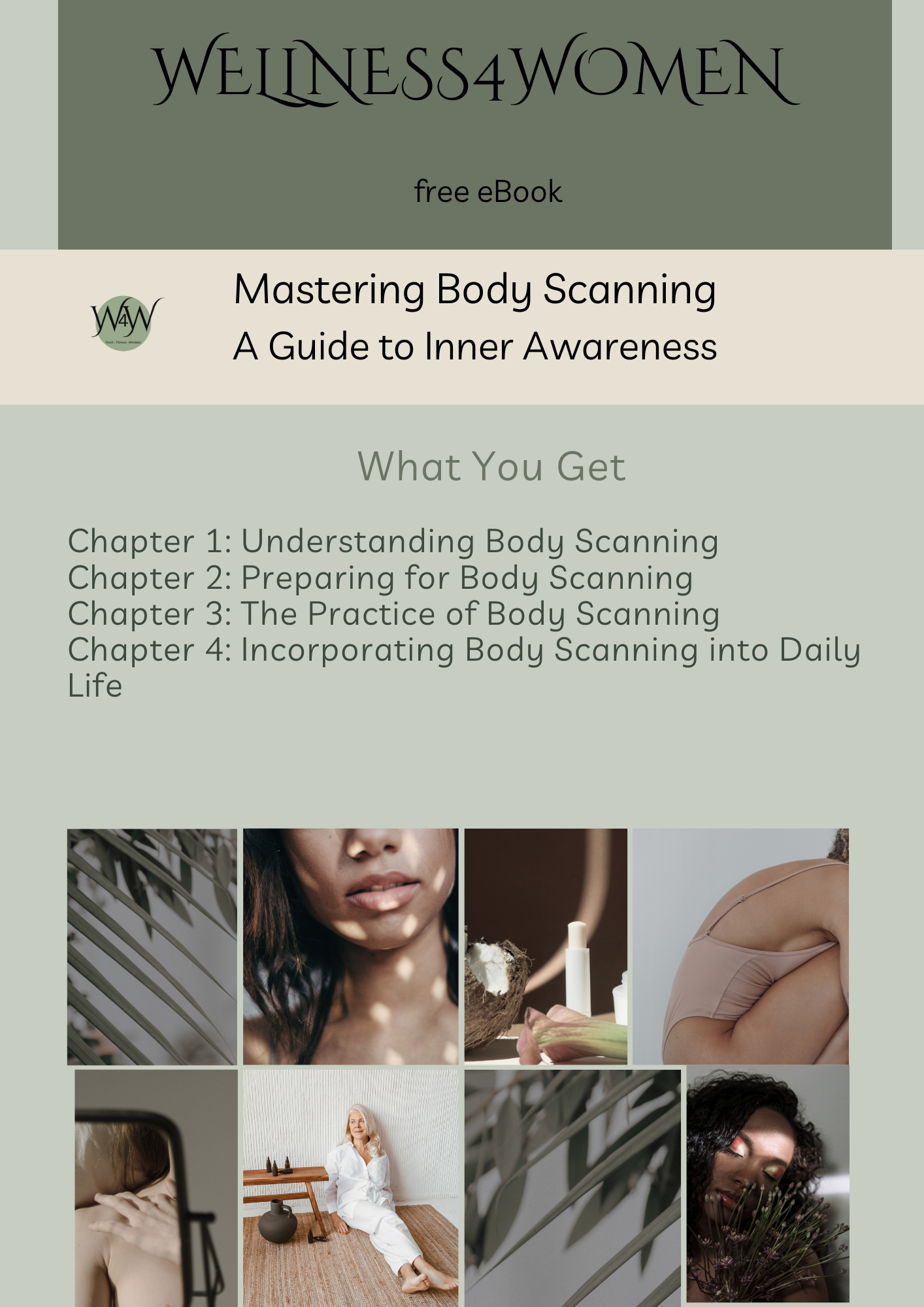Self-compassion has a similar history to mindfulness: It has existed in Eastern philosophy for over 2,000 years. However, it is a relatively new concept in Western research and practice (Neff 2003). here are 3 TIPS for Self-Compassion that will help you on the road to self-care.
In this article, I will discuss how mindfulness living helps with being compassionate toward oneself.
What is Self-Compassion?
Researcher Kristin Neff states that.
The definition of “self-compassion” is related to the more general definition of “compassion.”
Compassion involves being touched by the suffering of others by opening one’s awareness to others. It is about empathising with someone’s pain and not avoiding or disconnecting from them.
Compassion is about feelings of kindness toward others and the desire to alleviate their suffering.
Self-compassion is showing oneself positive self-regard at all times, but especially when faced with life challenges. It is considered that compassion involves three components (Neff,2003).
- kindness,
- common humanity
- aspects of mindfulness
Neff (2003) points out that kindness entails understanding oneself and others. It is about not judging oneself or others, particularly during times of weakness, pain, or failure.
Mindful awareness is the practice of perceiving one’s thoughts and emotions through an empirical perspective. It enables individuals to avoid embodying their negative thoughts and feelings.
Mindful Self-compassion Remedy
When suffering from feelings of inadequacy, failure, emotional pain, and suffering, it is easy to get overwhelmed, which may cause physical illness.
Our human existence consists of unexpected events, social conflict, fatigue, bodily ailments, and problem-solving that contribute to or cause those stressors.
Mindfulness and self-compassion have proven to benefit individuals in dealing with everyday and significant life stressors and problems. Further, mindful self-compassion may assist people in recovering from psychological and emotional maladies.
Understanding the potential value of mindful compassion, research has found that individuals are more resilient through challenging times. In addition, Self-compassion has close links to self-worth and aspects of emotional intelligence (I outlined this in my last blog article).
Researchers discovered that self-compassion has similar outcomes to self-esteem(Neff, 2003). However, a significant difference between self-compassion and self-esteem is that self-compassionate individuals do not experience some of the pitfalls of self-esteem. One of the pitfalls of self-esteem is that it can be subject to changing moods.
For example, if one regards oneself negatively when failing a task, one’s mood may become low. Conversely, they may experience a high mood when excelling at a task. Thus, self-esteem can be boosted by not facing one’s inadequacies and denying that they exist.
In contrast, high self-compassion individuals can accept negative aspects of the self and take responsibility for addressing problems. Moreover, they can achieve this consistently because they do not need to hide painful truths about themselves to maintain positive self-regard, which is often the case in self-esteem.
Thus, self-compassionate individuals tend to be more aware of and capable of addressing problems, resilient through difficulties and improving their skill set.
Three tips to attain Self-compassion and why it is important
Forgive Yourself. Forgiveness means accepting what has happened and the behaviours and being willing to move on without worrying about things that cannot be controlled or changed. As a therapist, I learned this approach to self-forgiveness and the Biblical way to forgive. The method below suggests four key actions that can help you forgive yourself.
The 4 R’s of Self-Forgiveness
- Responsibility
- Remorse
- Restoration
- Renewal
Forgiving oneself is beneficial for excellent mental, physical and relationship health.
Letting go and forgiving oneself can help boost feelings of wellness and improve self-confidence. Forgiveness can also positively impact physical health.
Have you heard the expression “he has eaten up with hate”? Science and the Bible tell us that unforgiveness can manifest itself negatively in our physical bodies. If we can’t forgive ourselves, forgiving others will be impossible.
Have you heard the expression keep your opinions to yourself? That is the philosophy that many individuals are raised under.
As a result, individuals may become fearful of what others think of them. Therefore, to avoid conflict, they express no personal opinion.
To avoid upset, they learned to keep their opinions to themselves. The problem with this approach is that people tend to forget what is important in their own lives and live ‘through’ other people’s experiences.
Do Things That Make You Happy.
Someone once said, ‘You were not born to live just to pay the bills then die’. No, you are more highly valued than that!
If you are happy, you will be more productive, motivated, and fulfilled. So when the alarm sounds, you will bounce out of bed in the morning, ready to begin a brand new day with its challenges. However, if you are unhappy, you will be more likely to pull the covers over your head when the alarm sounds because you can’t face your day.
If you are happy within yourself, it will become self-evident. You will automatically spread positivity, love and joy, and Others will notice and want to be around you. After all, who wants to cosy up to a grump? Mindfulness and self-compassion are congruent in coping with life stressors.
Neff rightly sums up the congruence between self-compassion and mindfulness with the flowing quote-
‘mindfulness is concerned with the functions of “the mind,” and self-compassion is concerned with “the heart.” Thus, mindfulness brings the elements of awareness, a nonjudging attitude, and reflection, while self-compassion is a caring guide for individuals to integrate needed personal changes while maintaining a positive attitude toward the self’ (Neff 2003).
If you want some ideas and tools to relieve and manage stress, check out the course in the top menu.
Please like, subscribe, share, and click on my social media if this post was helpful.
I hope this Self-compassion article is helpful to you.
Ensure you subscribe- it’s free.
In the meantime,
Live Life on Purpose Because Your Wellness Matters!

Affiliate Link: Got a YouTube channel? To Get More Views and Subscribers, click this link to get your free TubeBuddy today. https://www.Tubebuddy.com/pricing?a=Wellness4Women



